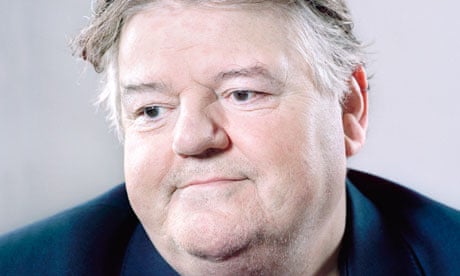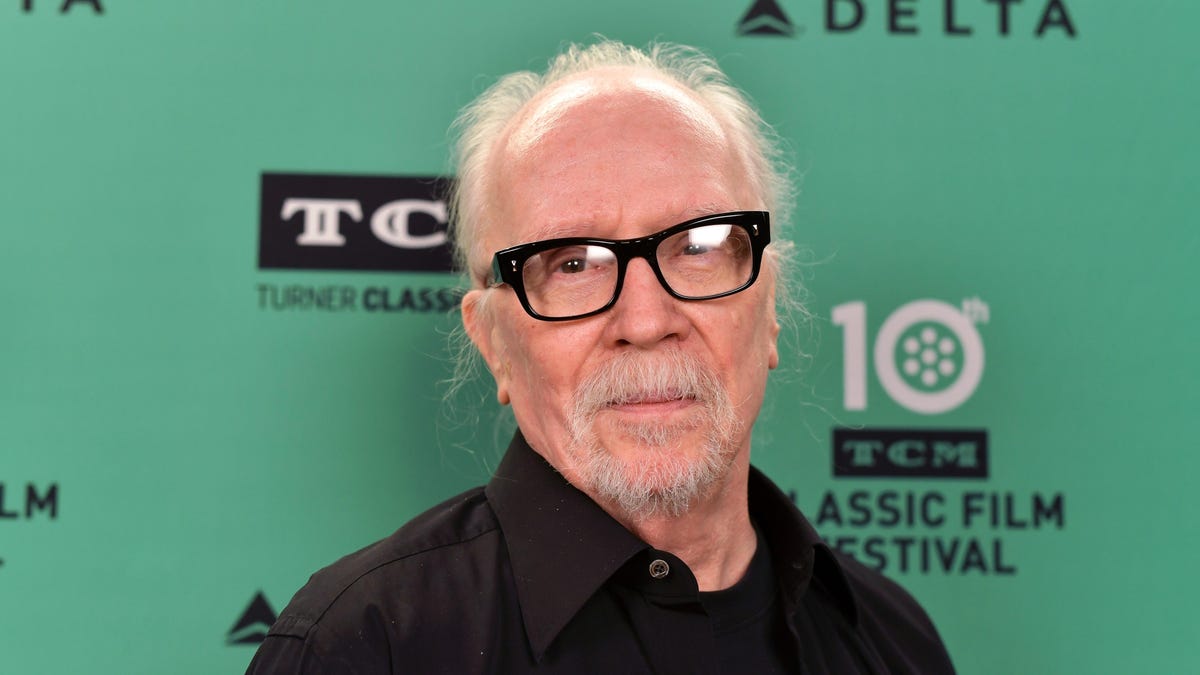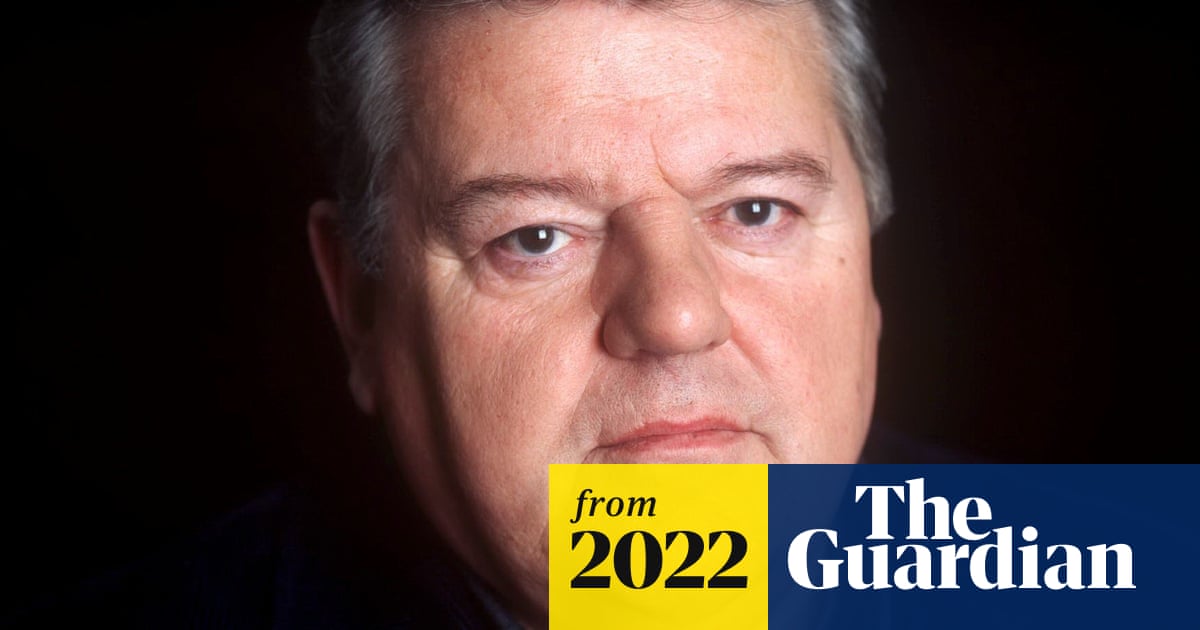Robbie Coltrane, whose acting career spanned everything from Bond films to Cracker to Harry Potter, has died aged 72.
The news was confirmed by his agent on Friday.
Born Anthony Robert McMillan in the prosperous Glaswegian suburb of Rutherglen, Coltrane was educated at Glenalmond College, an independent boarding school whose corporal punishment he described as “legalised violence”, before going to the Glasgow School of Art. He had second thoughts about his ability as a painter, and switched to live performance, acting in radical theatre companies (including a troupe from San Quentin State prison) and doing standup, taking the pseudonym Coltrane as homage to celebrated jazz musician John Coltrane.
His first screen credit was Waterloo Sunset, the Richard Eyre-directed Play for Today in 1979, in which he played opposite Queenie Watts’s care-home escapee. Thereafter, he had small appearances in films and TV shows, including Flash Gordon, Are You Being Served?, Krull and Britannia Hospital, his distinctive appearance and sheer size helping him stand out from the crowd. Coltrane’s comedy skills began to take precedence, as he found success in the early 1980s in TV sketch shows such as Alfresco and A Kick Up the Eighties. These placed him firmly in the school of 80s alternative comedy alongside Ben Elton, Emma Thompson and Rik Mayall – an identity reinforced by his regular participation in Comic Strip Presents films including such key entries as Five Go Mad in Dorset, The Beat Generation and The Bullshitters.

However, Coltrane’s abilities as an actor were increasingly in evidence, and he had considerable success in 1987 with Tutti Frutti, the John Byrne-scripted, Bafta-winning TV series about a washed-up Scottish rock’n’roll band. Coltrane found himself increasingly sought after for bigger roles in higher-profile projects, from Derek Jarman’s Caravaggio (in which he played a cardinal) to Falstaff in
Kenneth Branagh’s Henry V. However, it was two religious-themed comedy films – Nuns on the Run and The Pope Must Die – that propelled Coltrane to leading-man status, and put him on the map in the US.
Coltrane’s raised status was confirmed by his casting as the criminal psychologist “Fitz” Fitzgerald in Jimmy McGovern’s TV series Cracker, which first aired in 1993. A defiantly non-comic role, Fitzgerald was a groundbreaking creation: brilliant at his job but a mess in his personal life. Coltrane won the best TV actor Bafta in 1994, 1995 and 1996 for the role. Fitzgerald’s addictive lifestyle also reflected the actor’s: Coltrane admitted to being a heavy drinker in the 1980s, and remained famously combative,
once threatening to beat up Piers Morgan in a London restaurant. He then found himself cast in two Bond films, GoldenEye and The World Is Not Enough, as morally ambiguous KGB agent Valentin Dmitrovich Zukovsky.
Coltrane settled into a mid-period career of alternating roles in plush Hollywood productions (Message in a Bottle, From Hell, Ocean’s Twelve) with easygoing TV appearances (Alice in Wonderland, The Gruffalo). He also indulged his interest in vintage cars in the 1997 series Coltrane’s Planes and Automobiles. However, he found himself at the top of the list for the casting of Hogwarts’ school caretaker Rubeus Hagrid in the film adaptation of JK Rowling’s Harry Potter series. The first in the series, Harry Potter and the Philosopher’s Stone, was released in 2001, and gained Coltrane a new audience of younger fans, and helped re-energise his career, particularly on British TV. In 2009, he played investigating detective DI Hain in David Pirie’s Murderland, and his performance as a TV star accused of sexual abuse in the 2016 Channel 4 show National Treasure
was greeted with acclaim.
Coltrane married the sculptor Rhona Gemmell in 1999,
but they separated in 2003. They had two children.

 www.avclub.com
www.avclub.com




